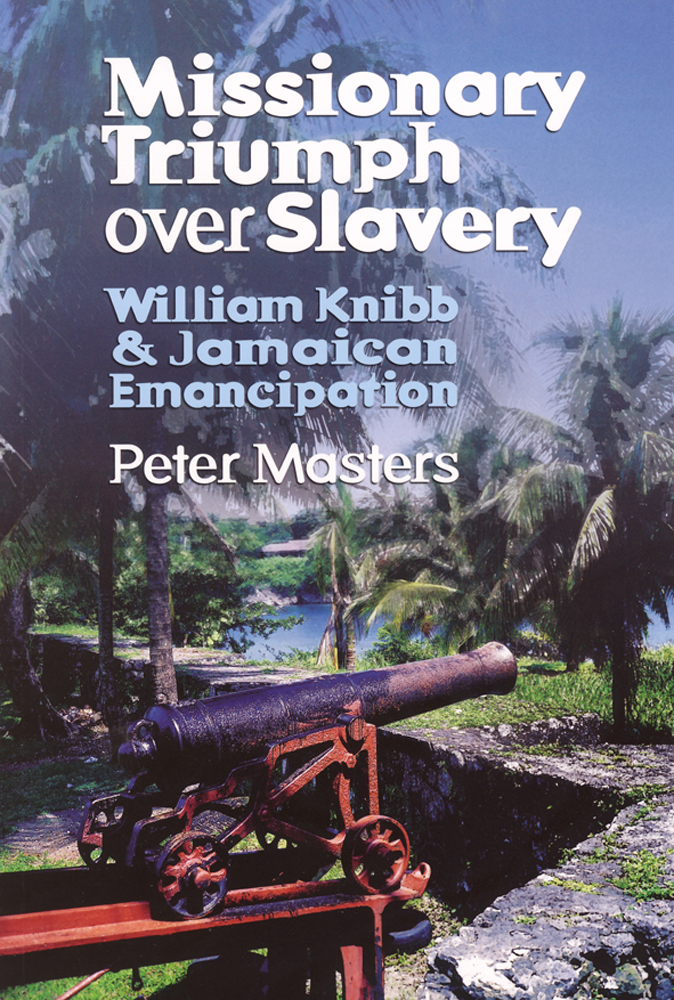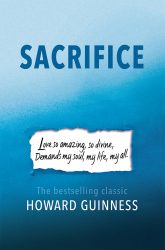
We are being told today that Christian missionaries of the past were tools of colonial oppression and destroyers of culture. For this reason Christianity is called a ‘white man’s religion’, best shunned by Afro-Caribbean and Asian people.
The story of missionary William Knibb shows how wildly wrong this is. Persecuted by British rulers in Jamaica because he opposed settlers’ abuses, he was pivotal in swinging British public opinion behind legislation to end colonial slavery.
This is the true story of valiant missionary work covering the emancipation of slaves and the great Jamaican Awakening.
It was the accomplishments of missionaries like Knibb that gave rise to a famous observation made amidst the death-throes of brutal slavery, that Jamaica had become a land of black Christians and white savages.
William Knibb – a brief memoir
William Knibb, OM (7 September 1803 in Kettering – 15 November 1845 in Jamaica) was an English Baptist minister and missionary to Jamaica. He is chiefly known today for his work to free enslaved Africans. On the 150th anniversary of the abolition of slavery in the British Empire in 1988, Knibb was posthumously awarded the Jamaican Order of Merit. He was the first white male to receive the country’s highest civil honour.
The Baptists in Jamaica were founded by freed slaves, notably George Lisle, who sought support and finance for schools and chapels from nonconformists abroad, particularly from the English Baptist movement, which William Knibb contributed to. Jamaica had become a major sugar exporter, relying on slavery. Knibb sided with the slaves and the cause of emancipation, in his words:
The cursed blast of slavery has, like a pestilence, withered almost every moral bloom. I know not how any person can feel a union with such a monster, such a child of hell. I feel a burning hatred against it and look upon it as one of the most odious monsters that ever disgraced the earth. The iron hand of oppression daily endeavours to keep the slaves in the ignorance to which it has reduced them.
Not surprisingly, Knibb was highly popular with the slaves. Not long afterwards the church in Falmouth needed a minister and Knibb’s name was put forward. The missionary who chaired the meeting recorded that when he proposed Knibb should be their new minister and asked for a show of hands, the entire membership stood up, held up both hands, and wept.
At this time pressure was growing in Britain for the abolition of slavery in the British colonies. The colonial authorities exerted all their political influence to halt this movement, while the slaves’ excitement and anticipation grew. Eventually this unstable mix resulted in the Baptist War, led by Samuel Sharpe. The colonial authorities enacted harsh measures to suppress the revolt, treating the missionaries with great suspicion. Knibb himself was placed under armed guard and only obtained bail through the intervention of two prominent colonialists.
In 1832 the Baptist slaves of Jamaica decided to send Knibb back to England to plead their cause. Once home he toured England and Scotland, speaking at public meetings. He told the truth about the good work being done by the nonconformist churches in Jamaica, and about the treatment of the enslaved population.
Knibb’s public addresses had a power altogether overwhelming. Sceptics were convinced, waverers became decided, apathetic people were roused, and great numbers of hearts everywhere kindled to irrepressible support.*
Knibb himself later recalled his efforts:
I was forced from the den of infamy and from a gloomy prison, with my congregation scattered, many of the members of my church murdered, and multitudes of the faithful lashed. I came home and I shall never forget the three years of struggle, and the incessant anxiety upon my spirit as I passed through the length and breadth of the country detailing the slaves’ wrongs.
Knibb was summoned to appear before committees of both Houses of Parliament that had been convened to investigate the state of the West Indian colonies.
Knibb’s evidence…was so authentic and unassailable that it contributed more than that of any other witness to the conviction of all, that slavery must be speedily abolished.*
*Extracts from Missionary Triumph Over Slavery (Dr Peter Masters)














